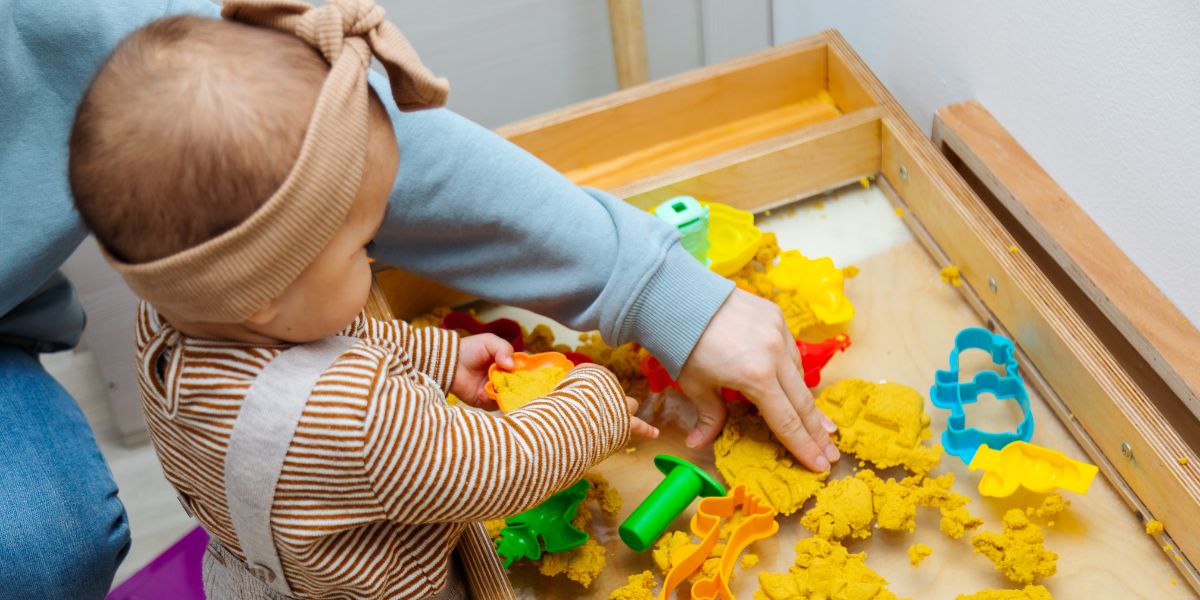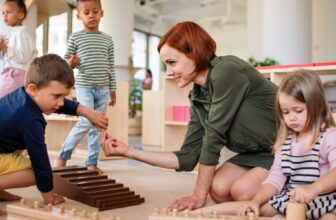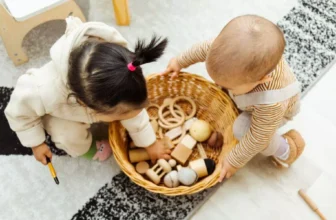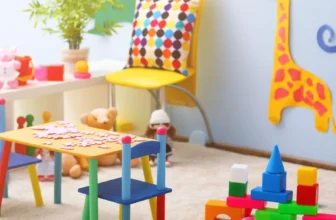
When it comes to Montessori activities for toddlers, you might be wondering which ones stand out as the top choices for your little one's development. From practical life skills to sensory exploration, there are key activities that can help your toddler learn and grow in various ways. These activities not only engage their senses but also promote essential skills that are crucial for their overall development. Stay tuned to discover which Montessori activities can make a significant impact on your toddler's growth and learning journey.
Practical Life Skills Activities
Engage your toddler in real-life tasks with practical life skills activities to foster independence and confidence. Simple activities like pouring water from a small pitcher into a cup or transferring objects from one container to another help develop your child's fine motor skills and hand-eye coordination. These tasks may seem basic, but they lay the foundation for more complex skills later on.
Encourage your toddler to participate in daily routines like setting the table or putting away toys. These activities not only teach practical skills but also instill a sense of responsibility in your child. As they master these tasks, you'll notice a boost in their self-esteem and independence.
Incorporate activities that promote care for the environment, such as watering plants or feeding pets. These tasks teach your toddler about empathy and respect for living things. By involving them in these activities, you're helping them develop a sense of connection to the world around them. Embrace these practical life skills activities as valuable learning opportunities for your toddler's growth and development.
Sensory Exploration Experiences
Immerse your toddler in a world of textures, sounds, and scents through sensory exploration experiences. Engaging your child's senses is a vital part of their development. Provide opportunities for tactile exploration by offering items with different textures like soft fabrics, rough sandpaper, or smooth stones. Encourage them to listen attentively to various sounds in their environment, whether it's the chirping of birds or the rustling of leaves. Introduce scents through activities like smelling different herbs or flowers, associating each scent with its source.
Create sensory bins filled with materials like rice, beans, or water beads for your toddler to dig their hands into, fostering their sense of touch and hand-eye coordination. Use a variety of containers and tools for scooping, pouring, and transferring the materials, enhancing their fine motor skills. Sensory activities not only stimulate your toddler's senses but also promote cognitive development and creativity. Remember to supervise your child during these activities to ensure a safe and enriching experience.
Fine Motor Skill Development
Enhance your toddler's dexterity and coordination through engaging activities that focus on fine motor skill development. Fine motor skills involve the coordination of small muscles in movements, aiding in tasks like grasping objects, drawing, and self-care activities. Incorporating activities such as stacking blocks, threading beads, or using a dropper to transfer liquid between containers can help refine these skills.
Activities that involve picking up small objects with tweezers or pegging items onto a board can also enhance hand-eye coordination and finger strength. Encouraging your toddler to use child-safe scissors to cut paper or play dough can further refine their fine motor skills. Engaging in activities like buttoning and unbuttoning clothes or zipping up a jacket can assist in developing finger dexterity and independence in daily tasks.
As your toddler engages in these activities, ensure they've a safe and comfortable space to explore and practice their fine motor skills. By providing opportunities for your toddler to engage in these activities regularly, you can support their overall development and prepare them for future academic tasks that require fine motor control.
Language and Literacy Learning
To further stimulate your toddler's development, introduce activities that promote language and literacy learning. Encourage your little one to explore books by creating a cozy reading nook with a variety of picture books. Engage in interactive reading sessions where you ask simple questions about the story and characters to enhance comprehension.
Incorporate language-building activities like singing songs, reciting nursery rhymes, and playing word games. These activities help in expanding vocabulary and fostering a love for language. Utilize flashcards with simple words and corresponding images to introduce new vocabulary in a fun and interactive way.
Introduce your toddler to the alphabet through tactile materials like sandpaper letters. Practice tracing the letters while saying their sounds to reinforce letter recognition and phonetic awareness. Engage in activities like matching objects to their beginning sounds to strengthen phonemic awareness.
Additionally, storytelling using props or puppets can enhance creativity and imagination while improving narrative skills. Encouraging your toddler to dictate their stories and helping them write it down can further boost their literacy skills. Incorporating these language and literacy activities into your toddler's daily routine can lay a strong foundation for their future learning and development.




